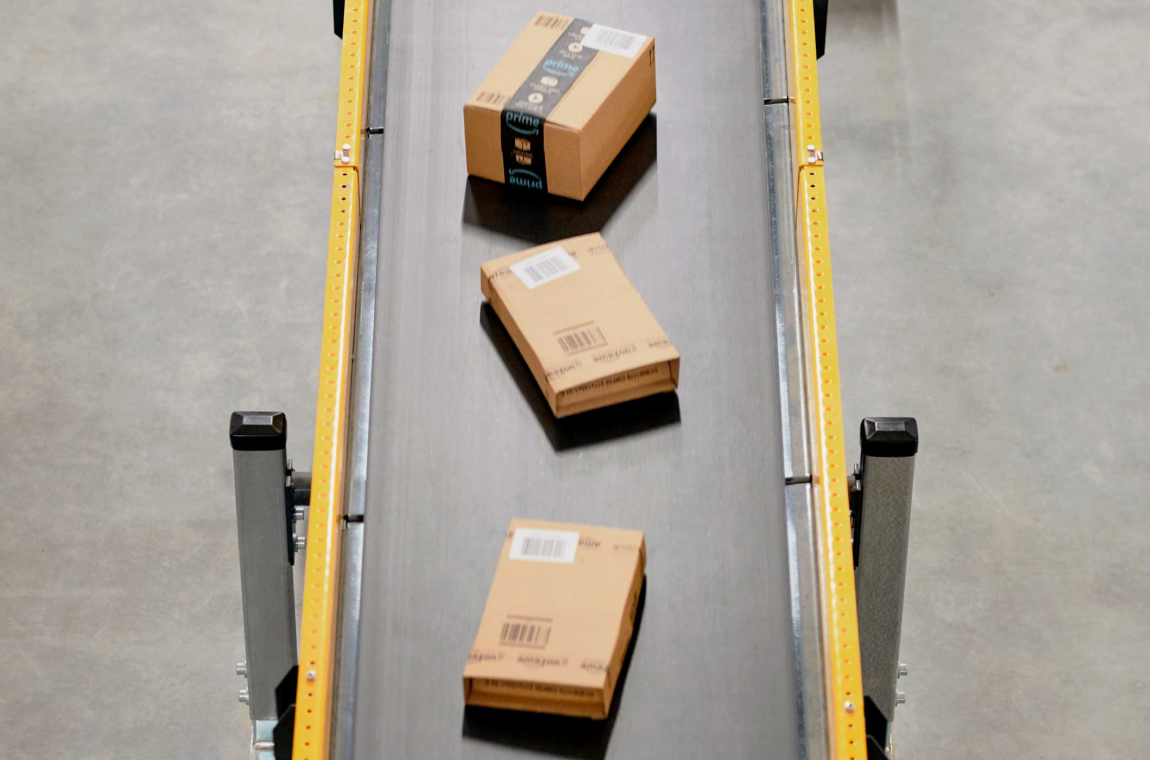
Selling on Amazon and other marketplaces
Amazon's shopping platform has caused a revolution in the world of e-commerce. Thanks to it, any entrepreneur can easily enter more sales marketplaces and reach foreign customers without worrying about logistics and warehousing. The entrepreneur doesn't have to set up a store abroad either - everything is done through Amazon's platform, which currently has more than 340 million customers.
In order to start selling your products on Amazon, you need to follow several steps. The most important of these is to choose a model of cooperation with the platform - these vary depending on the group of sellers. Entering Amazon is different for a distributor of branded goods from the one for a manufacturer. Entrepreneurs who want to develop their business in this direction should think about cooperation with the American giant on the basis of one of the proposed models: FBM, FBA and Amazon Vendor.
FULFILLMENT BY MERCHANT (FBM)
Fulfillment By Merchant - FBM for short - is a model dedicated to sellers who want full control over the transfer of goods. Amazon is an intermediary in the process - it does not interfere in what happens to the shipment. FBM support only includes the ability to use the platform to plan sales, control logistics processes and use additional tools to help prepare the goods for shipment. In other words, the responsibility for the product rests with the seller. Online stores are eager to use such support, as they gain insight into what is happening with the goods. What's more, if the products are shipped to individual customers in EU countries from a warehouse in the company's home country, all such transactions can be accounted for in the OSS VAT return.FULFILLMENT BY AMAZON (FBA)
Fulfillment by Amazon is another model, which is one of the most popular among sellers. It has gained its popularity thanks to the possibility of doubling the sales on Amazon - this happens in as many as half of the cases after starting cooperation on a FBA basis. This model is characterized by the fact that Amazon is responsible for the preparation and distribution of goods. It’s a program in which the seller sends its goods collectively to one of Amazon's logistics centers in the EU, where they are stored until the consumer purchases them. Amazon handles all the logistics by shipping the goods to consumers. This type of collaboration allows you to focus on other aspects of running your business, while Amazon coordinates logistics and customer service. The FBA model also has the benefit of extending the reach of sales to Amazon Prime members. Important to note, however, is that under this model, goods are stored in Amazon's warehouses in various EU countries, which means that direct VAT registration and VAT returns are required.
AMAZON VENDOR CENTRAL and AMAZON SELLER CENTRAL
The third option mostly for goods manufacturers is to choose between the Amazon Vendor Central and Amazon Seller Central models. The first model is distinguished by working with Amazon on a B2B basis, that is, as a company you sell your goods to Amazon at wholesale prices, and it in turn resells them to end consumers on its platform as a seller. When choosing the Amazon Seller Central model, we are the direct seller supported by the intermediary of Amazon's platform only to reach an even larger network of customers.Using Amazon's support for international trade may entail additional obligations, such as charging additional VAT rates applicable in consumer countries, direct registration for VAT or registration for VAT OSS. E-commerce entrepreneurs who are thinking of expanding their sales area to more EU countries should therefore take care not only to select a convenient sales model, but also to adapt their accounting to their business profile. Our specialists at Duni EFF will be happy to assist you in selecting the right model of cooperation with Amazon as well as registering and accounting for sales to customers from the European Union.

Do you sell your products online?
Are you planning a foreign market expansion of your business? Are you starting selling on Amazon or eBay? Did your company exceed sales thresholds in cross-border selling and you are obliged to register for VAT in the recipient countries?
Ian Knapton
UK Sales Director



